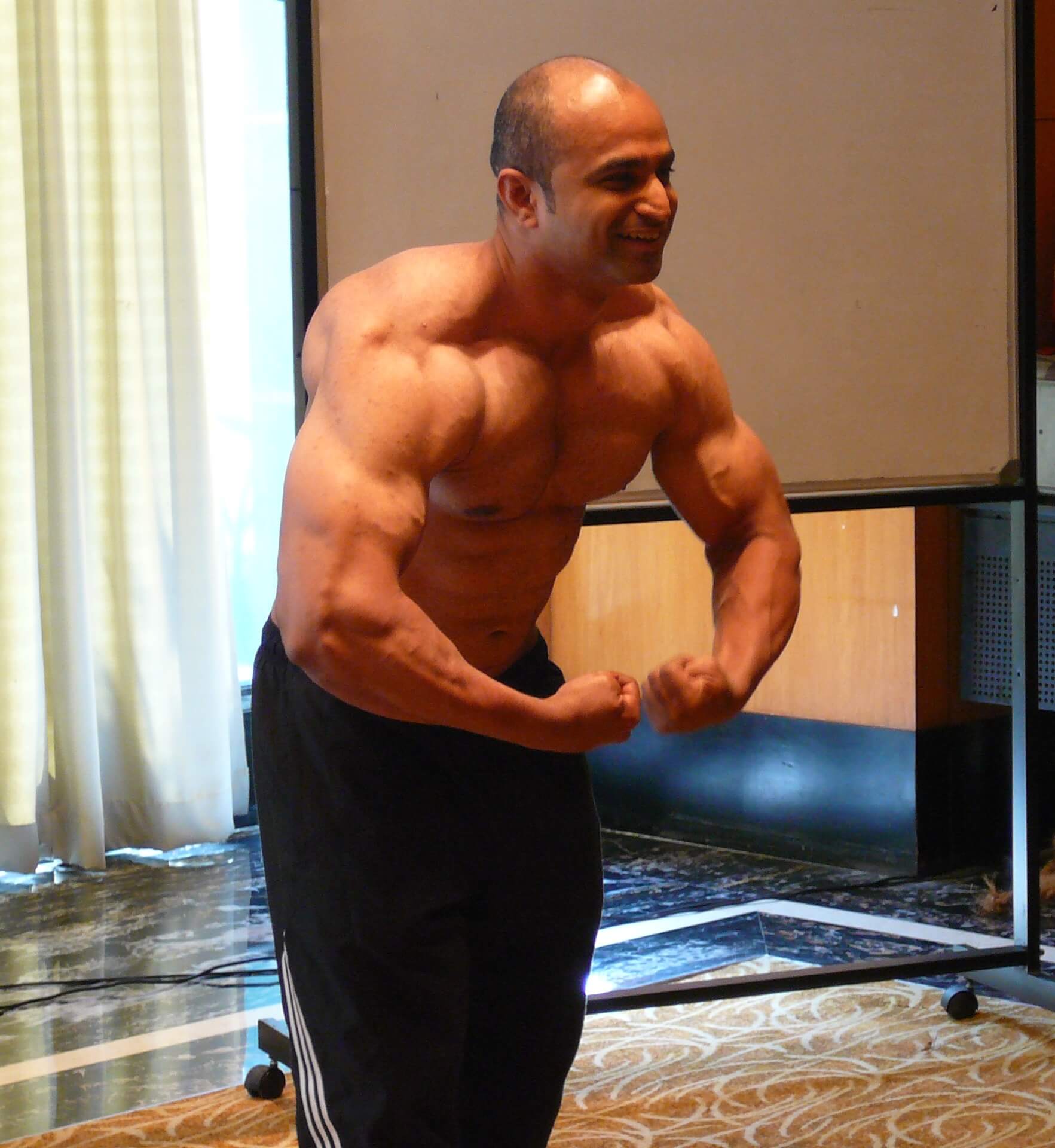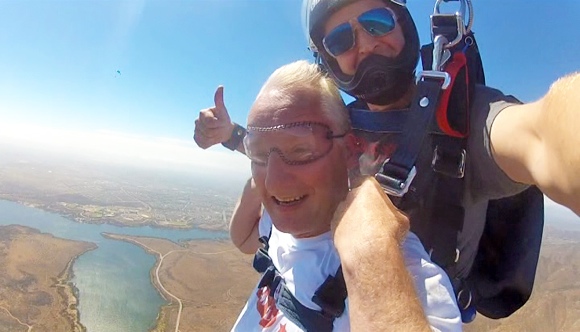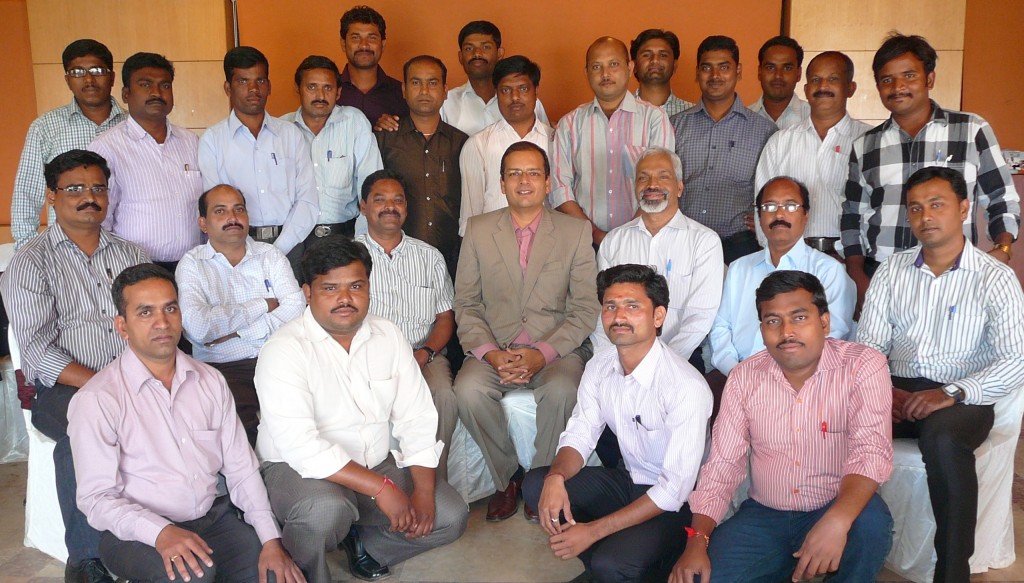Procrastination is usually a deep rooted habit, stemming from a fear of failure, apprehension, anger, hostility laziness or a general lack of interest. We can change our habits provided we use the right system. In any task, the prompt first step is important, however difficult or annoying it may be.
The tendency to postpone things is called procrastination. How many of us get into New Year resolutions like daily exercise, quitting smoking, writing a diary etc.? Quite often this resolution does not last for more than a week. We need to match tasks to our level and deal with procrastination head-on by focusing on starting rather than finishing, looking for constructive criticism (aka critique) and by being decisive and setting priorities.
Do not try to do too much too quickly. First force yourself right now, to do one thing that earlier you have been putting off.






